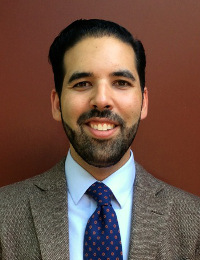MUSC 146: Introduction to World Musics

In this course, students learn how to form and articulate sophisticated ideas about the social practice of music in several contexts throughout the world. In this age of globalization, prevailing understandings of music making, rooted in the localities of the pre-modern era, have come under fire in much ethnomusicological and anthropological research. The focus of our discussions will be on connections and relationships between peoples and places and amongst the peoples in those places, rather than on isolated, homogenous locales. Indeed, by studying musical networks as global phenomena, we can understand other types of social relationships, be they political, economic, religious, colonial, or otherwise.
Course assignments are unorthodox by design. Students engage in experiential learning by conducting ethnographic fieldwork at musical events in the Triangle area, including concerts, rehearsals, communal music making, and religious services, to name a few, and will collaborate on documentary films as the culminating project for the semester. Through their research projects, course lectures, and recitations, students, Prof. Figueroa, and TAs Erica Fedor, Aldwyn Hogg, Jr., and Alexander Marsden engage in critical discussions about the complex and compelling array of issues presented by the study of the world’s musics.
This course counts for 3 credit hours towards graduation and fulfills the Visual and Performing Arts (VP) and Beyond the North Atlantic (BN) general education requirements.
